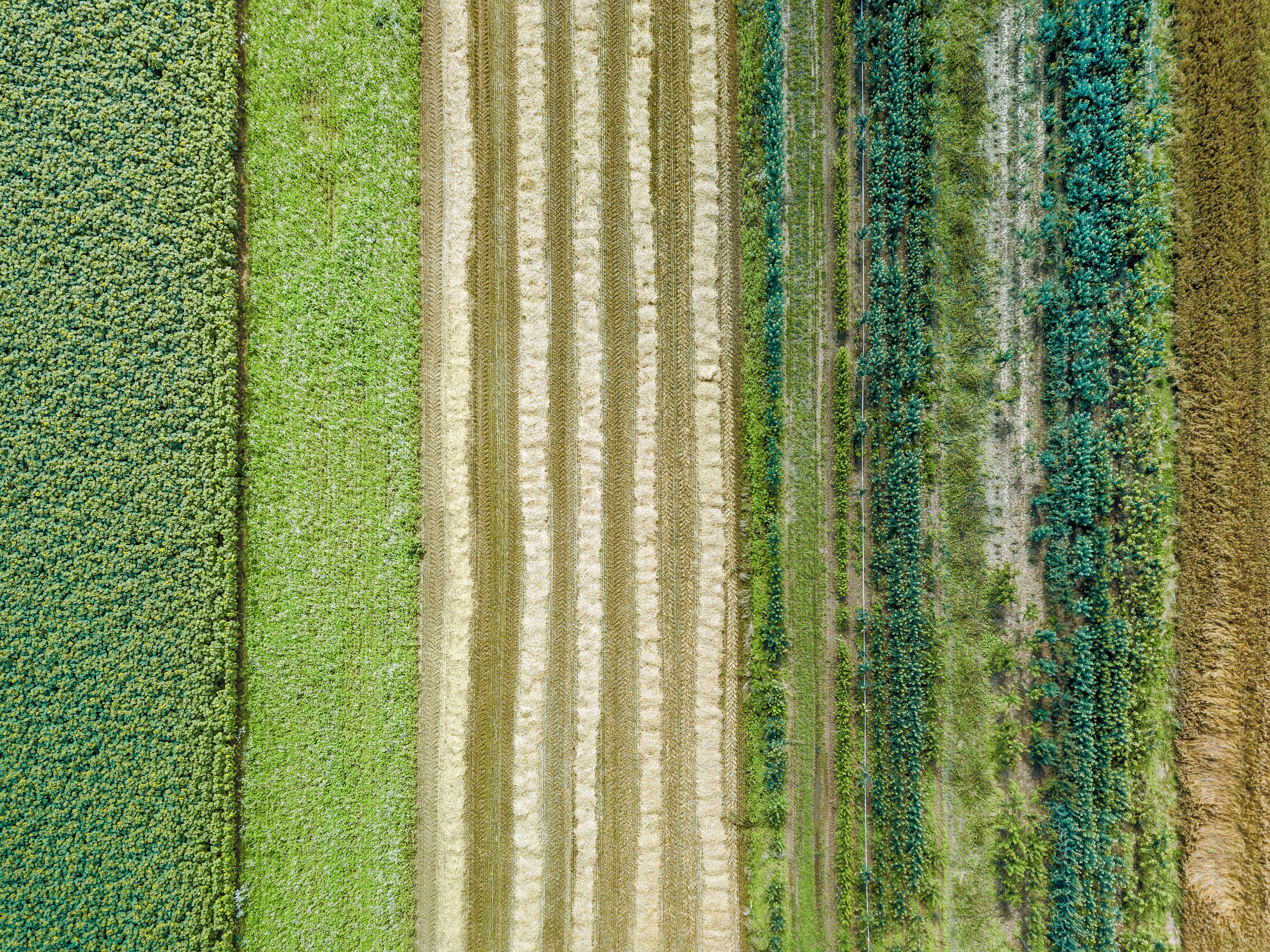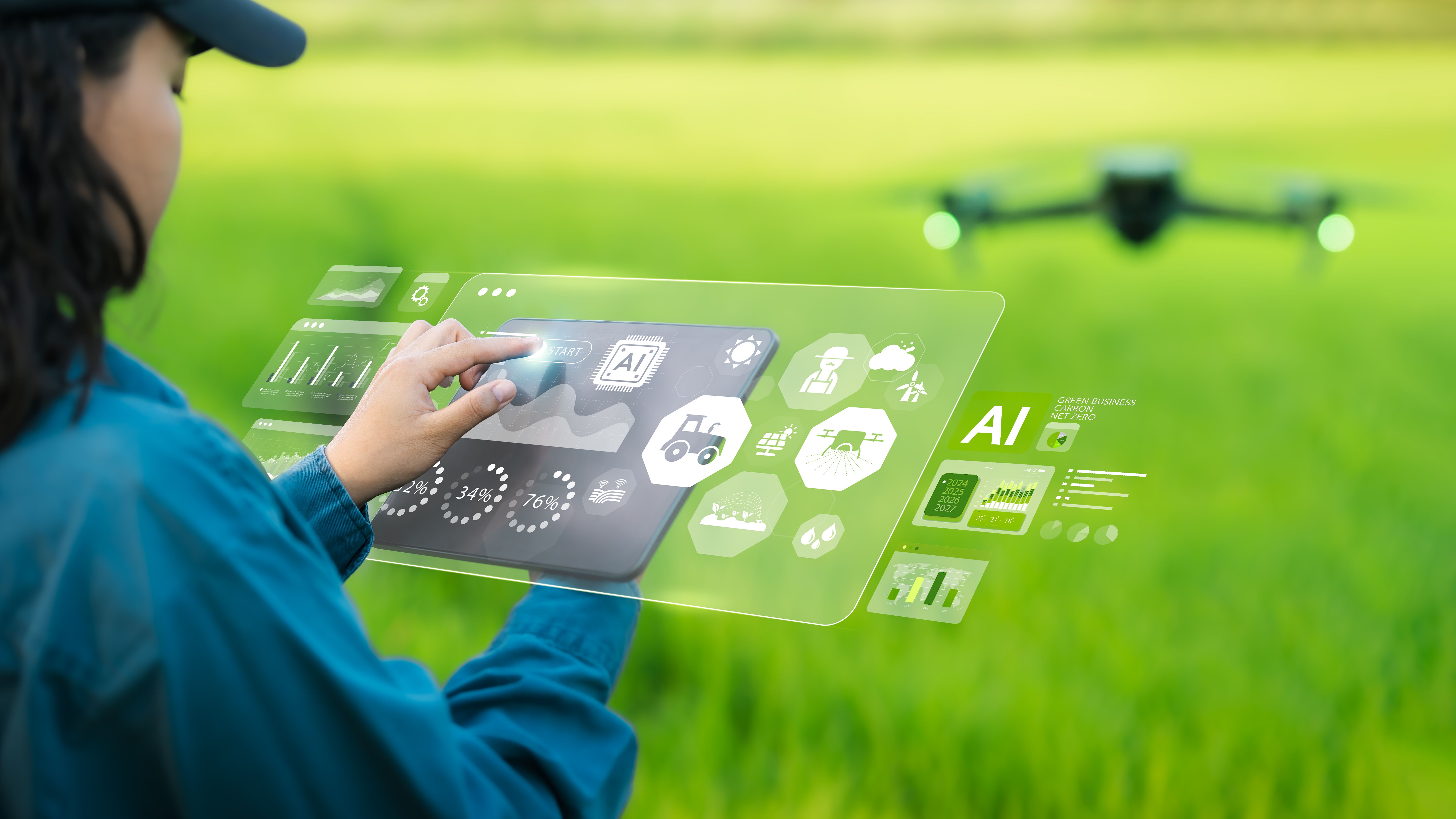The Future of Farming: The Essential Role of Permaculture
Understanding Permaculture
Permaculture is a holistic approach to agriculture, focusing on sustainable and self-sufficient ecosystems. It integrates land, resources, people, and the environment through mutually beneficial synergies. The practice is grounded in ethics and principles that promote ecological balance and biodiversity.
Unlike traditional farming methods, which often rely heavily on chemical fertilizers and pesticides, permaculture works with nature rather than against it. This approach minimizes waste, preserves resources, and enhances the health of the soil and plants.

The Principles of Permaculture
Permaculture operates on a set of core principles that guide its application. These include:
- Observe and Interact: Understanding the environment and responding to its needs.
- Catch and Store Energy: Utilizing renewable resources and storing energy effectively for future use.
- Obtain a Yield: Ensuring that the system produces outputs that benefit people and the ecosystem.
Benefits of Permaculture
The advantages of adopting permaculture are manifold. Firstly, it fosters biodiversity by creating habitats for a wide range of species. This biodiversity is crucial for maintaining a resilient agricultural system capable of withstanding pests and diseases.
Additionally, permaculture enhances soil health through natural processes. Techniques such as mulching and composting enrich the soil with organic matter, improving its structure and fertility without synthetic inputs.
The Role of Permaculture in Future Farming
As the world grapples with climate change and resource scarcity, permaculture offers a sustainable solution for future farming. Its emphasis on resilience and efficiency makes it an ideal model for addressing the challenges of modern agriculture.
Permaculture not only reduces the carbon footprint of farming but also promotes food security by creating more productive and sustainable food systems. These systems can be scaled to various sizes, from small urban gardens to large rural farms.
Integrating Technology with Permaculture
The future of permaculture is also being shaped by technological advancements. Innovations such as precision agriculture and smart farming tools can be integrated into permaculture practices to enhance productivity while maintaining sustainability.
For example, sensors can monitor soil moisture levels, enabling farmers to optimize water usage. Drones can survey land, providing valuable data on crop health and growth patterns. These technologies help maximize yields without compromising permaculture principles.

Challenges and Opportunities
Despite its benefits, permaculture faces challenges in widespread adoption. One major hurdle is the need for education and training. Farmers must learn new techniques and adapt to a different mindset, which requires time and resources.
However, these challenges also present opportunities. By fostering community involvement and collaboration, permaculture projects can become hubs of innovation and learning, encouraging more people to embrace sustainable farming practices.
As awareness grows about the importance of sustainable agriculture, permaculture is poised to play an essential role in the future of farming, offering a pathway to a more resilient and sustainable world.